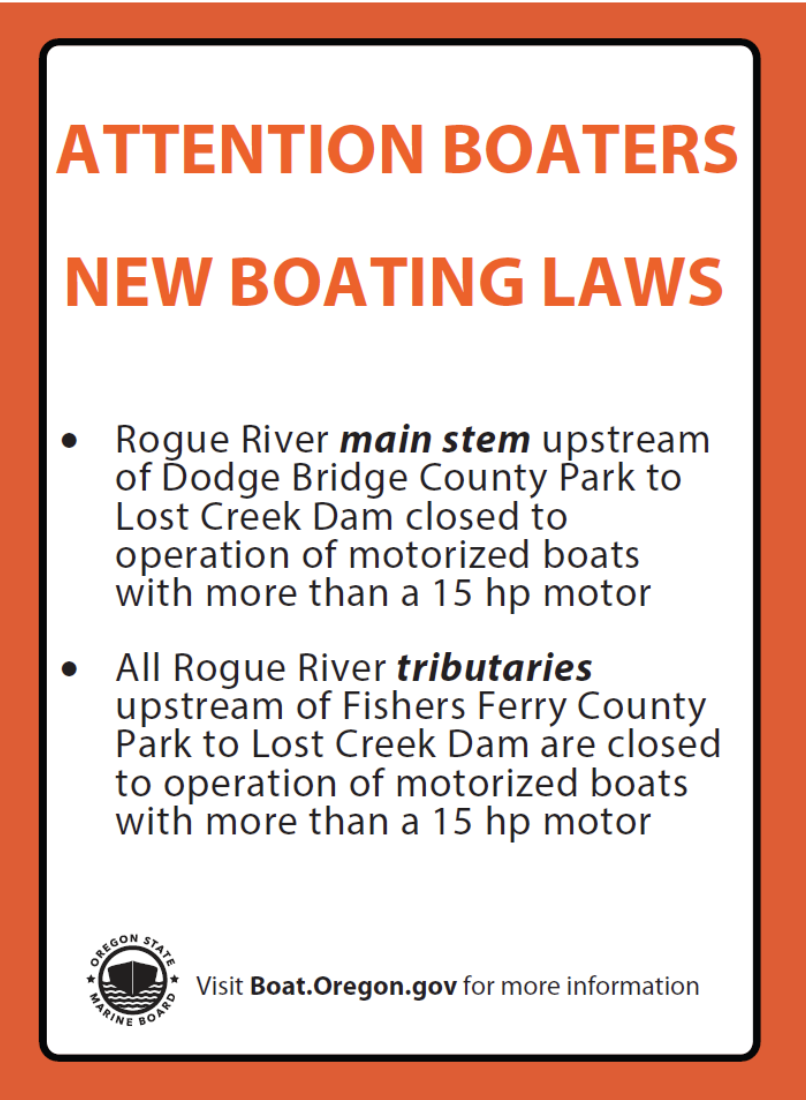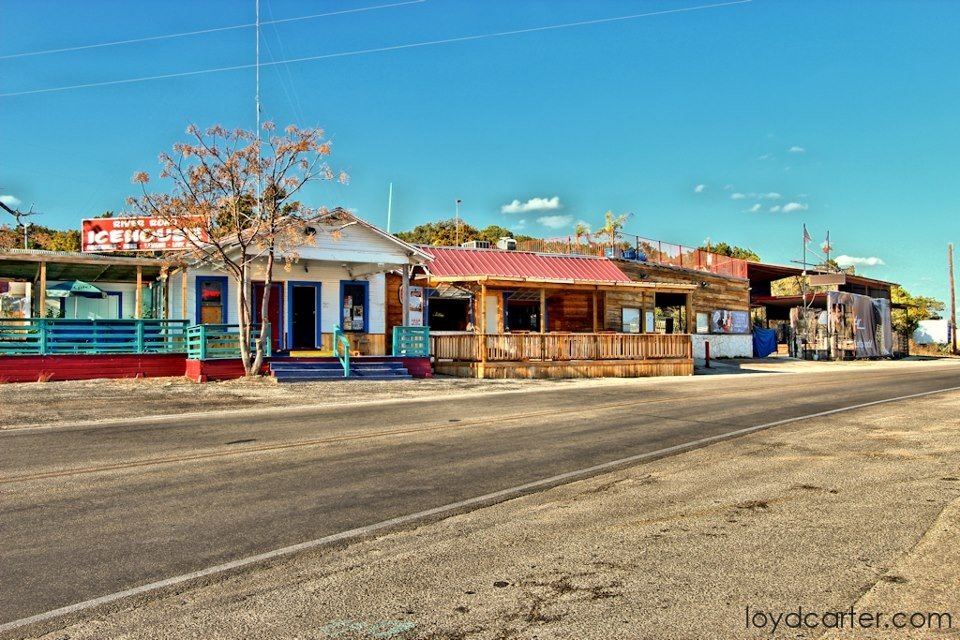When winter’s grip tightens on New England, the question on every driver’s mind is “is there a parking ban in Fall River today“? This query isn’t just about convenience; it’s about avoiding hefty fines, the dreaded tow truck, and ensuring city services can operate efficiently. Navigating the city’s winter parking rules is a critical skill for residents and visitors alike, especially when a snow emergency is declared. Understanding the nuances of off-street parking options, staying updated on the latest traffic advisories, and knowing the locations of designated municipal lots can transform a stressful situation into a manageable one. This guide is your comprehensive resource for mastering the ins and outs of Fall River’s parking regulations during inclement weather.
To truly appreciate the local parking dynamics, one must consider the city’s unique topography, which is fundamentally shaped by its relationship with the water. For those interested in how river systems influence landscapes, a look into a drowned river valley resembling the structure of a tree provides a fascinating geographical parallel.

What Residents Say About Navigating Fall River’s Parking Bans
The lived experience of Fall River residents paints the most vivid picture of the annual winter parking challenge. Many long-time locals have developed a sixth sense for when a ban is imminent, often stocking up on essentials and planning their parking strategy before the first snowflake even falls. Newcomers, on the other hand, frequently share stories of being caught off guard, learning the hard way about the city’s strict enforcement. The consensus among the community is that preparation and access to reliable information are the two most important factors in surviving the season without a ticket or a tow. Conversations in neighborhood coffee shops and online forums often revolve around sharing tips, such as which streets are plowed first or which municipal lots fill up the quickest. This collective wisdom underscores a shared understanding that while the bans are a necessity for public safety and road clearance, they represent a significant disruption to daily life that requires a proactive approach.

Understanding the Fall River Parking Ban System
The parking ban system in Fall River isn’t a single, monolithic rule; it typically operates on two distinct levels, each with its own set of triggers and regulations. The most common is the city-wide winter parking ban, which is generally in effect for a set period, for instance, from December 1st to April 1st. During this time, overnight on-street parking is often restricted to one side of the street, typically alternating based on an odd-even date system or designated street sides. This allows for routine plowing and salting operations without requiring a full-scale emergency declaration for every minor snowfall.
The second, more serious level is the Declared Snow Emergency Parking Ban. This is enacted by the Mayor’s office when a significant weather event is forecast. When an emergency is declared, all on-street parking is prohibited on designated main arteries and emergency routes to allow plows, fire trucks, and ambulances unimpeded access. These routes are crucial for the city’s functioning, and vehicles left on them will be ticketed and towed without hesitation. It’s vital for every driver to know whether their street is part of an emergency route and to have a plan for moving their vehicle well before the ban takes effect.
How Do I Know If There Is a Parking Ban in Fall River Today?
To find out if a parking ban is active in Fall River today, you must consult official city sources directly. The most reliable and up-to-the-minute information is available on the City of Fall River’s official website, its official social media pages (like Facebook and Twitter), and through the local emergency alert system. Local news channels and radio stations also broadcast these announcements promptly.
There is no single static webpage that can definitively answer this question for any given day, as the status changes based on weather conditions. The city’s Department of Public Works and the Mayor’s office make these decisions based on storm forecasts. Therefore, the best practice is to actively check these official channels whenever snow is in the forecast. Signing up for the city’s CodeRED emergency notifications is highly recommended, as this service sends alerts directly to your phone via text or call, providing the most immediate notification possible. Thinking about seasonal changes reminds us that communities plan for all types of weather; for instance, many are already looking forward to events like the red wing river city days 2025, which stands in stark contrast to winter’s necessary restrictions.
The Two Tiers of Winter Parking Restrictions
It’s crucial to differentiate between the standard seasonal ban and a declared emergency. The seasonal ban dictates overnight parking rules for the entire winter, usually involving an alternating side-of-the-street system. This allows for regular, smaller-scale snow clearing. A declared snow emergency, however, is a complete prohibition of parking on specifically marked emergency arterial streets. These streets are the city’s lifelines, and keeping them clear is the top priority during a major storm. Misunderstanding this difference can lead to a false sense of security, where a driver believes they are parked legally according to the seasonal rules, only to find their car towed because it was on an emergency route during a declared storm.
Why Are These Bans So Important for the City?
The implementation of parking bans is not about inconveniencing residents; it is a fundamental aspect of municipal public safety and infrastructure management during New England winters. When streets are clear of parked cars, snowplows can work far more effectively and efficiently, clearing the pavement from curb to curb. This ensures that emergency vehicles can navigate the city without delay, which can be a matter of life and death. Furthermore, it allows for the proper application of salt and sand, reducing icy conditions and making the roads safer for everyone.
As David O’Connell, a former DPW Supervisor for the City of Fall River, often notes, “Plowing a narrow street lined with cars is like trying to navigate an obstacle course with a machine the size of a small bus. Every car we have to maneuver around adds time and reduces the quality of the clearing. A full ban on main arteries is the only way to get the city back on its feet quickly after a big storm.”
The Consequences of Ignoring a Parking Prohibition
Ignoring a parking ban in Fall River comes with a predictable and costly set of consequences. The first penalty is a parking ticket, which can carry a significant fine that often increases if not paid promptly. This initial financial sting, however, is frequently just the beginning. The more immediate and disruptive consequence is having your vehicle towed. If a car is obstructing snow removal operations, especially on an emergency route, it will be removed by a contracted towing company at the owner’s expense.
This means you will be responsible for the towing fee, a daily storage fee at the impound lot, and the original parking ticket. The total cost can easily run into hundreds of dollars. Beyond the financial burden, there is the immense inconvenience of retrieving your vehicle, which may involve arranging alternative transportation to the tow lot and navigating their hours of operation, all while dealing with the aftermath of a snowstorm. This entire ordeal is a stressful and expensive lesson in the importance of heeding the city’s parking regulations. Just as a detailed map like the south fork of snake river map is essential for navigating a complex natural environment, knowing the city’s rules is crucial for navigating its urban environment during winter.
Where Can I Park During a Snow Emergency in Fall River?
When a snow emergency banishes cars from the streets, the critical question becomes: where do they go? Fortunately, the City of Fall River typically provides several off-street parking alternatives for residents. The city designates a number of municipal lots and school parking lots that are open to the public free of charge for the duration of the declared emergency. A list of these available lots is usually published on the city’s website and social media channels at the time the ban is announced. It is essential to move your vehicle to one of these lots before the ban’s official start time.
However, these lots operate on a first-come, first-served basis and can fill up quickly in densely populated neighborhoods. This reality necessitates having a backup plan. This could involve making an arrangement with a neighbor who has a spare spot in their driveway, or identifying a private garage or lot in your area that offers paid parking during storms. Some residents even proactively reach out to local businesses or churches to inquire about using their lots. The key is to secure a safe, legal, off-street spot before the storm hits, as scrambling for a space at the last minute is a recipe for frustration. The disruption can be significant, sometimes forcing people to cancel plans, unlike a simple decision on red river theater concord nh showtimes, where the biggest challenge is picking a movie.
David O’Connell shares a piece of practical advice: “Don’t wait until you see the plows to move your car. By then, it’s too late. The moment you hear a ban is declared, that’s your cue. And when the ban is lifted, be a good neighbor and clear out the spot around your car before you try to drive off. A little bit of shoveling can save you from getting stuck.”
Pro Tips for Surviving Winter Parking in The Spindle City
Beyond simply following the rules, there are several strategies that seasoned Fall River residents use to make the winter parking season more bearable. First and foremost is to stay informed. Proactively sign up for every possible city alert system before the first flake falls. Second, prepare your vehicle. Ensure you have a good quality snow brush, ice scraper, and a sturdy shovel in your trunk at all times. Some even carry a small bag of sand or cat litter for extra traction in case they get stuck.
Another pro tip is to think communally. If you have extra driveway space, consider offering it to a neighbor who relies on on-street parking. This fosters goodwill and can be a lifesaver for someone in a bind. When parking on the street under the seasonal odd-even rules, try to park as tightly to the curb as possible to give plows the maximum amount of room. After a storm, if you are able, help shovel out fire hydrants or catch basins on your street. This not only helps your neighbors but also assists the city’s public works and fire departments. These small acts of preparation and community spirit are what truly make navigating a Fall River winter a manageable, shared experience.
The City’s Official Channels for Real-Time Updates
In the digital age, there is no shortage of information, but not all of it is accurate or timely. When it comes to something as critical as a parking ban, relying on official sources is non-negotiable. The primary and most authoritative source is the City of Fall River’s official government website. This should be your first stop for any detailed announcements, including the specific start and end times of a ban and the list of available off-street lots.
Closely following the city’s verified social media accounts, such as the official City of Fall River Facebook page or the Fall River Police Department’s Twitter feed, is also an excellent strategy for real-time updates. These platforms are often updated more frequently during a rapidly evolving weather event. Finally, the CodeRED notification system is arguably the most effective tool for immediate alerts. By registering your phone number, you ensure that you will receive a direct notification the moment a decision about a parking ban is made by city officials. Relying on these channels removes the guesswork and protects you from misinformation that might circulate on unofficial community pages or through word-of-mouth. Managing a city’s traffic flow during a storm is a complex task of control and release, not unlike the operational principles of a structure such as lock and dam 9 allegheny river.
“The biggest mistake people make is assuming,” warns former DPW Supervisor David O’Connell. “They assume the ban starts later, or that their street isn’t an emergency route. Never assume. Take the thirty seconds to check the city’s website or your phone alerts. That thirty seconds can save you three hundred dollars and a massive headache.”
Navigating the complexities of winter in Fall River requires a blend of preparedness, vigilance, and community cooperation. While the core question of is there a parking ban in Fall River today has a daily answer that can only be found through official channels, understanding the system behind it is the key to a stress-free season. By knowing the rules, identifying your off-street parking options in advance, and staying plugged into the city’s communication network, you can confidently face whatever the New England weather throws your way, keeping your vehicle safe and the city streets clear for everyone.
Comments
Name: Maria DeSousa
Rating: ★★★☆☆
Comment: The alternating side parking during the regular winter ban is so confusing on my street. The signs are old and faded. Got a ticket last January because I was on the wrong side. The city needs to make the signage clearer, especially in the Highlands.
Name: Brian Casey
Rating: ★★★★★
Comment: I signed up for the CodeRED alerts three years ago and it’s been a lifesaver. I get the text the moment the ban is announced and have plenty of time to move my truck to the lot at B.M.C. Durfee High School. Highly recommend everyone signs up.
Name: Kevin Hebert
Rating: ★★☆☆☆
Comment: It’s frustrating when they lift the ban but the side streets haven’t been fully plowed. You dig your car out of a municipal lot only to get stuck in the unplowed snowbank in front of your house. Happened to me twice last winter on a street off of Pleasant.
Name: Sofia Pereira
Rating: ★★★★☆
Comment: My advice is to have a deal with a neighbor. My family has two cars and one driveway spot. We pay our neighbor next door a little bit to use one of their spots during snow emergencies. It’s worth every penny for the peace of mind.
Name: Tom Sullivan
Rating: ★★★☆☆
Comment: The tow companies are incredibly fast. I was five minutes late getting to my car on South Main Street during that big storm in February 2023, and it was already hooked up. The cost to get it back was outrageous. They don’t mess around.
Name: Emily Chen
Rating: ★★★★☆
Comment: The city does a decent job listing the open lots on their Facebook page. I wish there were more options downtown, though. The Pearl Street garage fills up almost instantly, and the other lots are a bit of a walk if you live in the Flint.
Name: Michael Fournier
Rating: ★☆☆☆☆
Comment: I got towed from an emergency route I didn’t even know was an emergency route. I had just moved here. There should be more prominent, year-round signage indicating which streets are emergency arteries. A single sign half-covered by a tree isn’t enough.
Name: Jessica Correia
Rating: ★★★★★
Comment: As a nurse at Charlton Memorial, the parking bans are essential. When those streets are clear, it makes a huge difference for us getting to the hospital during a storm. It’s an inconvenience for residents, but it’s a critical public safety measure.
Name: David Pacheco
Rating: ★★★★☆
Comment: Pro tip: If you park in a school lot, be ready to move your car the moment the ban is lifted. They need to clear those lots for teachers and staff, and they will ticket cars that are left there after the ban ends. I saw it happen at the Kuss Middle School lot last year.
Name: Liam Murphy
Rating: ★★★☆☆
Comment: The communication has gotten better over the years with social media, but I still rely on the local news on TV. They’re usually pretty clear about the start times and the rules. It’s just part of living in New England. You learn to deal with it.


